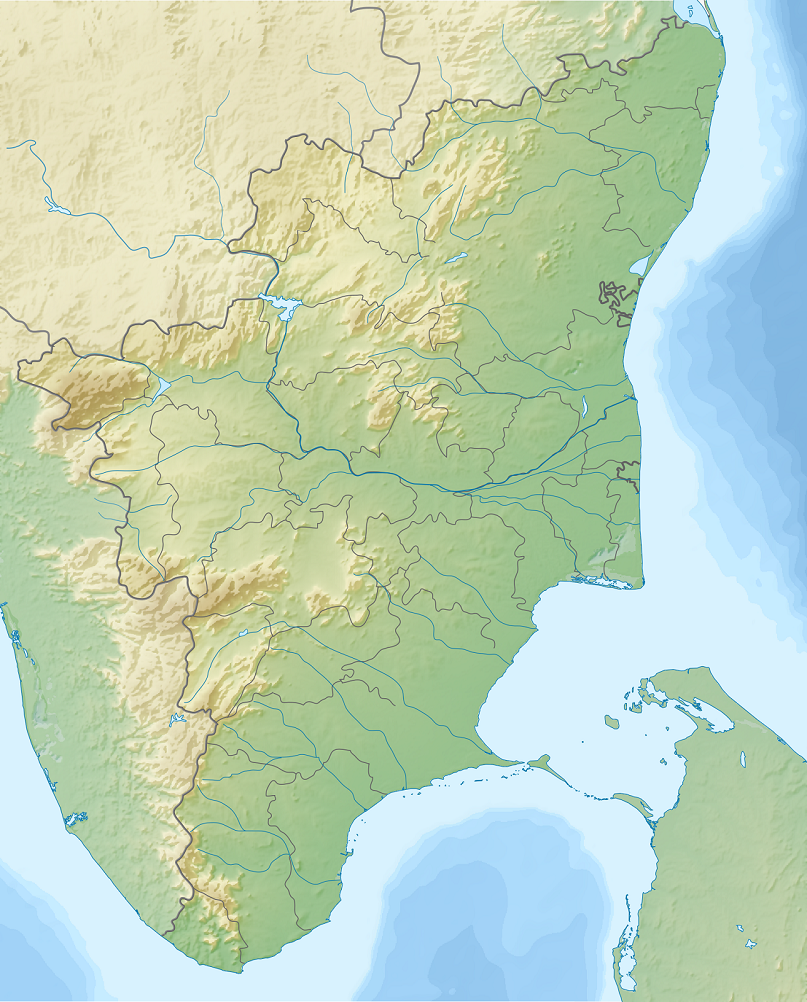The Asian Development Bank (ADB) and the Indian government have signed a $451 million loan agreement to strengthen power connectivity between the southern and northern parts of the Chennai–Kanyakumari Industrial Corridor in the state of Tamil Nadu.
The state government aims to develop the northern Chennai–Tiruchirappalli area of the Chennai–Kanyakumari Industrial Corridor as a manufacturing center. It will also target the relatively poor southern Madurai–Thoothukudi area for renewables development because of the local wind and solar resources.
The Chennai–Kanyakumari Industrial Corridor is part of the East Coast Economic Corridor, in which the ADB is the Indian government’s lead development partner.
“The project will help government of Tamil Nadu meet the increasing demand for power supply from industry and commercial enterprises in the state through transfer of power from new generation facilities, including renewable energy, in the southern Chennai–Kanyakumari Industrial Corridor to the industrial hubs in the state’s northern region,” said Sameer Kumar Khare, an official from India’s Ministry of Finance.
The installation will also build the operational capacity of state-owned Tamil Nadu Transmission Corp. To support this, the ADB has also approved a complementary technical assistance grant of $650,000.
This content is protected by copyright and may not be reused. If you want to cooperate with us and would like to reuse some of our content, please contact: editors@pv-magazine.com.




2 comments
By submitting this form you agree to pv magazine using your data for the purposes of publishing your comment.
Your personal data will only be disclosed or otherwise transmitted to third parties for the purposes of spam filtering or if this is necessary for technical maintenance of the website. Any other transfer to third parties will not take place unless this is justified on the basis of applicable data protection regulations or if pv magazine is legally obliged to do so.
You may revoke this consent at any time with effect for the future, in which case your personal data will be deleted immediately. Otherwise, your data will be deleted if pv magazine has processed your request or the purpose of data storage is fulfilled.
Further information on data privacy can be found in our Data Protection Policy.